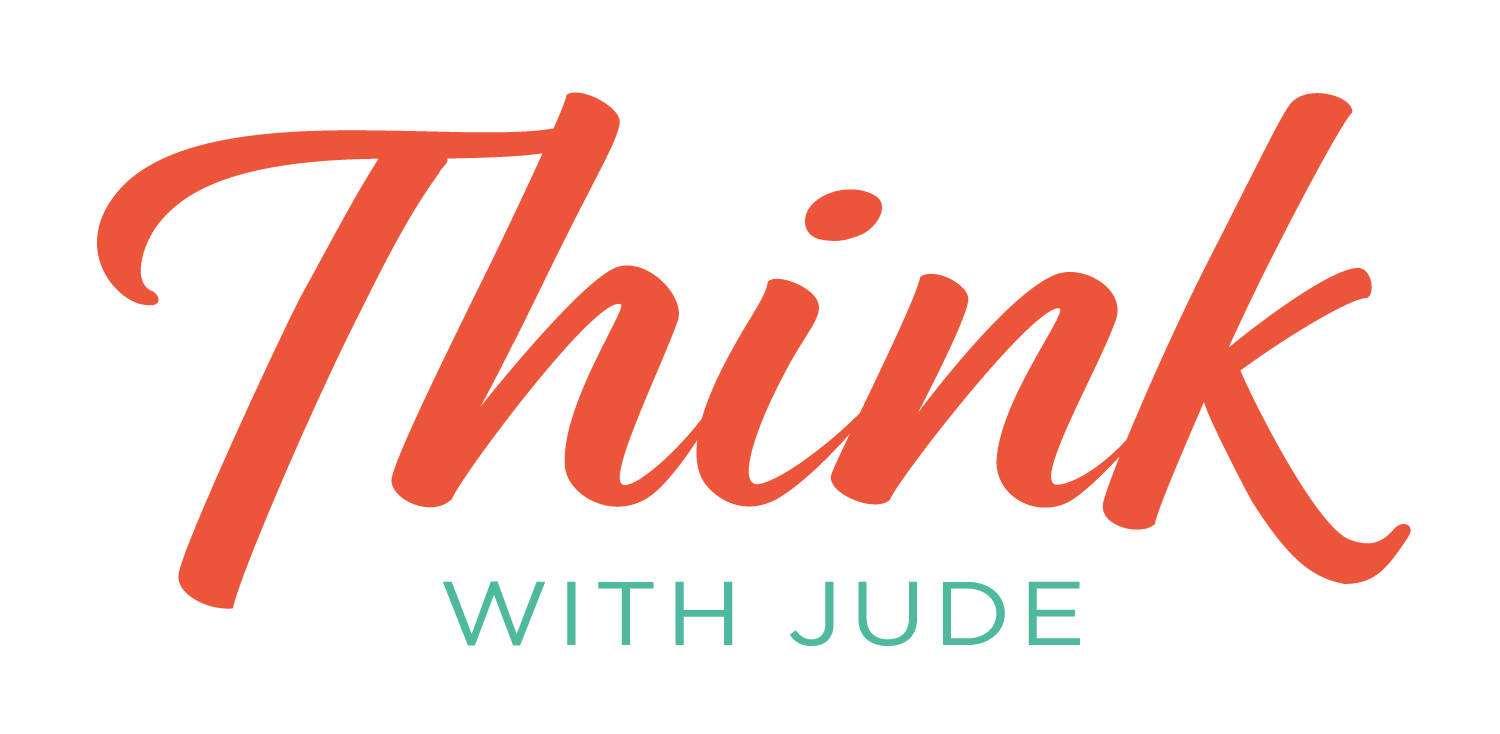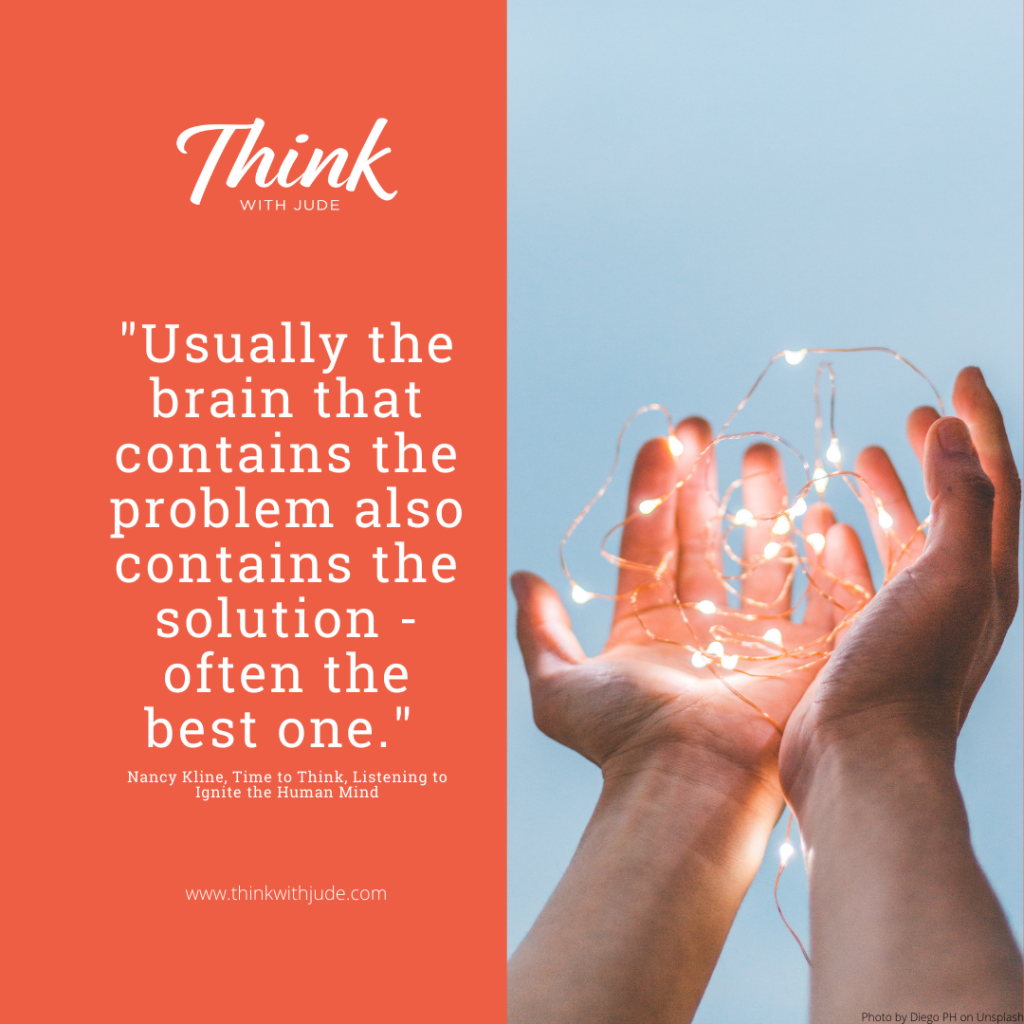This is what attention looks like
Have you ever been talking to someone where you knew you didn’t have their complete attention?
You might have noticed you started stumbling over your words, or doubt creep into your mind. You might have felt unimportant, disappointed and let down. And I’m pretty sure you didn’t feel at your best and most creative.
Compare that to when you’re talking to someone and have their undivided attention.
You feel like you have infinite space to think even though you might only talk to that person for a few minutes. You feel valued, important, intelligent, creative and safe. Ideas come freely and your confidence grows.
You see, I think you can “listen” to someone while your attention is elsewhere. Like thinking about your last meeting, the next, what you’re going to say in reply.
But giving someone your attention is different, you not only hear what they’re saying but what they’re not saying. You see the subtle changes in expression or body language, hear the changes in tone. When you give someone your attention you’re wordlessly saying “you matter”.
And I have to laugh at myself because even though I wrote a whole post about attention I hadn’t quite connected the dots.
When I came up with the Simple Coaching Cycle I was fixated on the idea that listening is the cornerstone of coaching. My freshest thinking now, based on all the reflecting I’ve been doing is that it is attention, just as Nancy Kline talks about in Time to Think.
This is what attention looks like:
1. You show respect for the person speaking/thinking. In my culture that is to maintain eye contact and it could be different for you. By keeping your eyes on the thinker you create a safe environment where they can think freely knowing you are there when they need you.
2. You’ve removed distractions or taken the person to a distraction-free place.
3. You let thoughts, ideas, opinions, judgements float leave your brain as easily as they entered.
4. You don’t interrupt, you let the thinker finish their thought and ask them to tell you more.
5. You’ve been clear on how much time you have so you can be at ease and let the conversation unfold.
6. You’re not taking notes, it’s the thinkers problem to solve, not yours so there is no need for you to collect information
I’d appreciate your thoughts on what attention means to you. As I continue to evolve the simple coaching cycle I want to place more emphasis on attention, how to improve it and what gets in the way of it. Send your thoughts to jude@thinkwithjude.com, I promise you’ll get a reply.
PS: Weekly check-in – week 10
No check in this week, past me wrote this post last week so now me could enjoy her birthday week off! Normal check-ins will resume next week.






